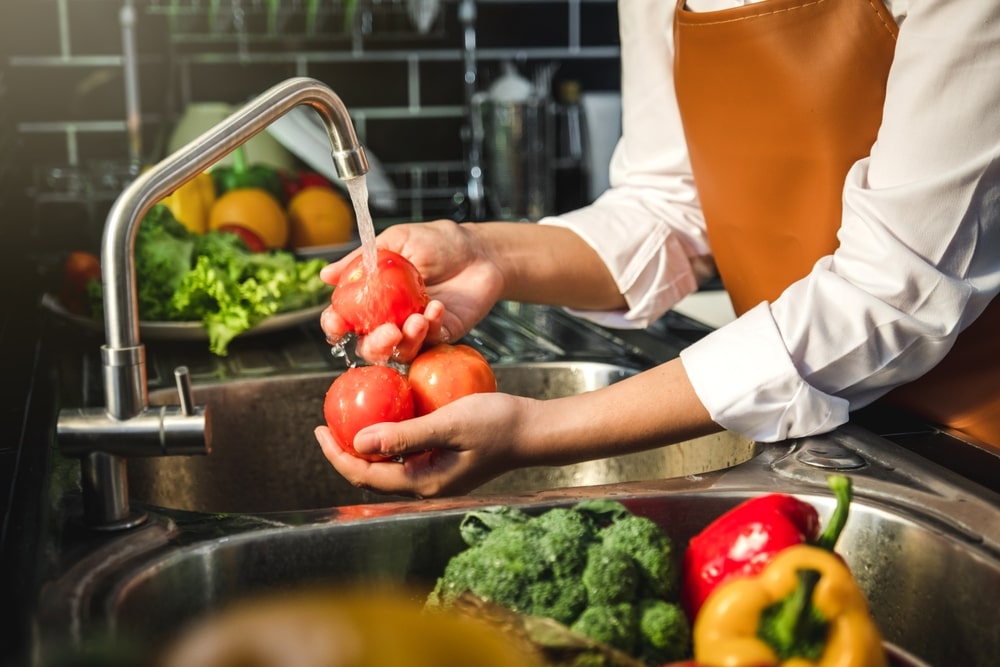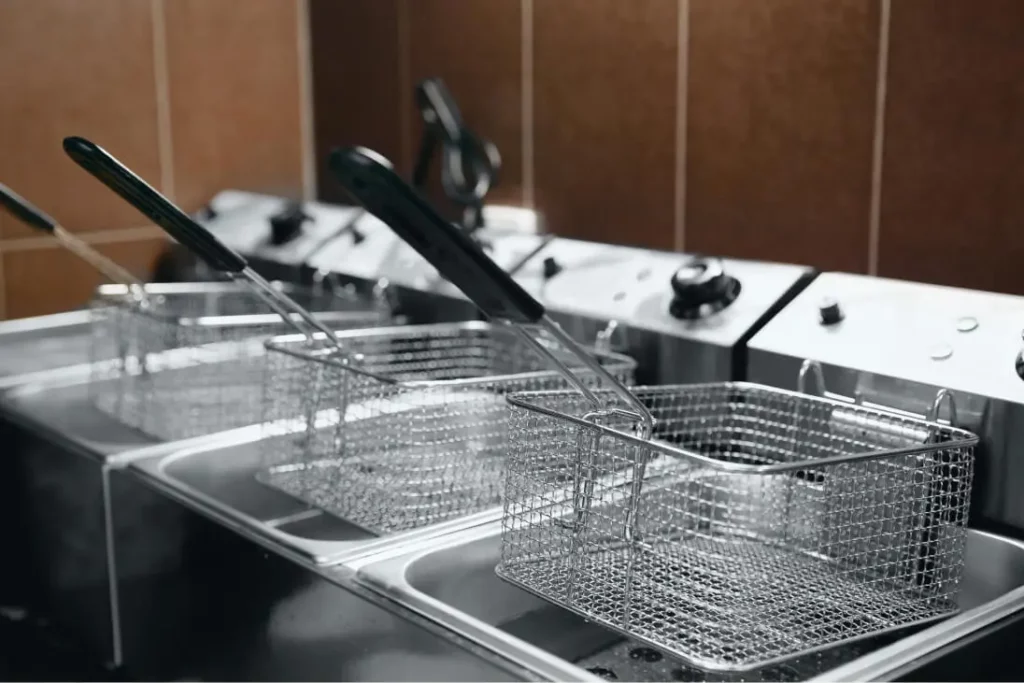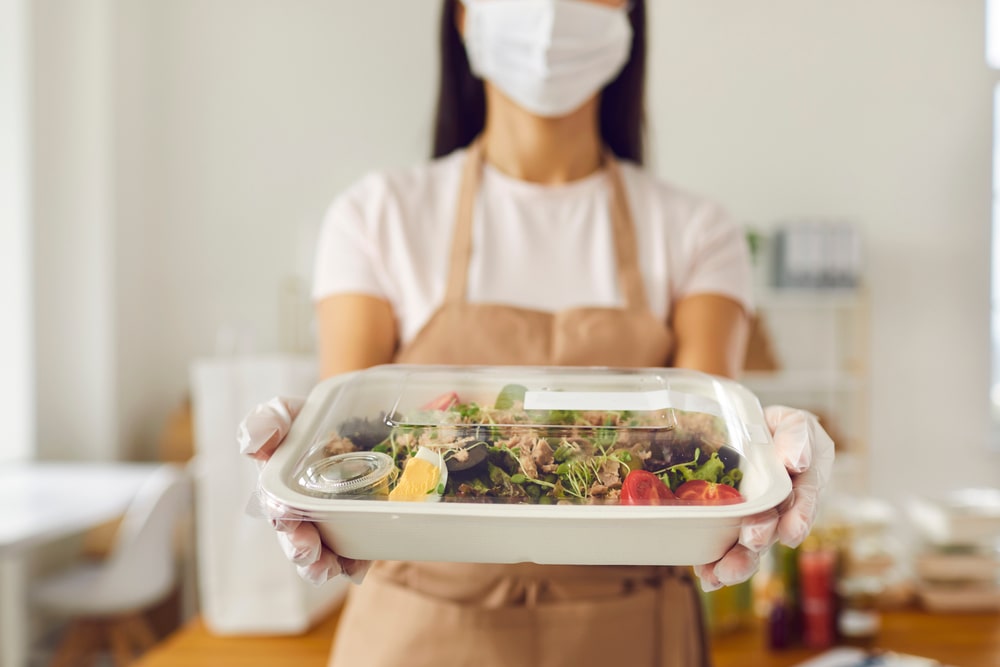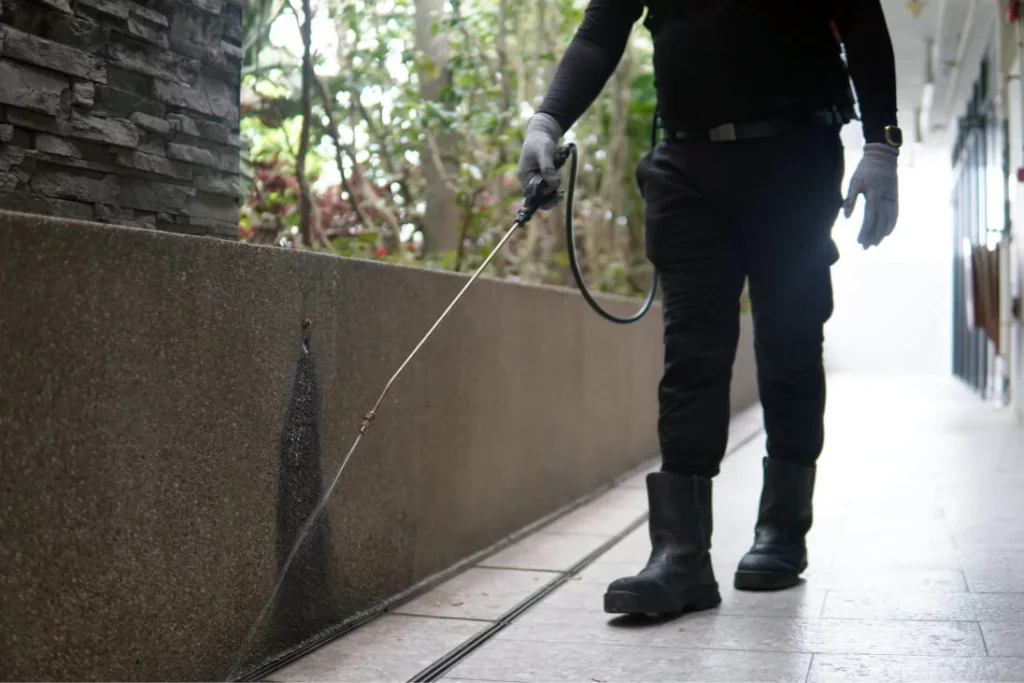With cockroaches as one of the leading pests in Singapore, cockroach pest control plays a crucial role in food safety and hygiene. Besides consistently delivering flavour-rich dishes, hawkers and restaurant owners are responsible for ensuring the safety and hygiene of their food products.
Singapore has set strict food safety and hygiene standards to protect the health of anyone who wishes to eat or buy food in the country. In this article, we’ll discuss food safety and hygiene standards, why it is important, and the vital role of cockroach pest control in Singapore’s food industry.
What Are the Food Safety and Hygiene Standards in Singapore
Food safety and hygiene refers to a set of practices businesses must implement to ensure that the food they sell is fit for consumption.
What is Food Safety?
Food safety encompasses the management systems for handling, preparing, and storing food to reduce the risk of contamination. Its primary goal is to prevent consumers from becoming sick from foodborne diseases.
Food safety includes the following key elements:
- Food management systems. These are systems – such as record keeping, labelling, supply and delivery, and staff training — that ensure the cleanliness of food and the premises where they’re made.
- Food and personal hygiene. This includes personal hygiene such as handwashing and procedures for handling food that ensure it is safe for consumption.
- Environmental hygiene. This includes the general upkeep of the establishment to ensure cleanliness and suitability for food preparation. This includes proper layout, ventilation, commercial pest control, and waste management.
What is Food Hygiene?
Food hygiene falls under the umbrella of food safety. Food hygiene refers to the processes that directly keep food clean and safe for consumption.
The key elements of food hygiene are:
- Personal hygiene: Involves handwashing, protective clothing, and knowledge of procedures for illnesses.
- Cleaning procedures: Involves proper cleaning, sanitation, and pest management of the entire establishment.
- Cross-contamination prevention: Involves preparation procedures that prevent bacterial, chemical, allergenic, and physical cross-contamination of raw and cooked food.
- Allergen control. Involves training to ensure that staff are aware of common food allergies and how to prevent cross-contamination.
- Food storage practices. Involves staff training and implementation of safe food storage practices, such as using proper labels and temperature-controlled environments.
- Cooking temperatures: Involves knowing the correct temperature to cook food and avoid the growth of bacteria.

Singapore’s Food Safety Standards
Singapore strongly emphasizes that food safety and hygiene is a joint responsibility of the government, the food industry, and the consumers. Each party plays a crucial role in maintaining food safety and hygiene standards in Singapore.
The government is responsible for setting up guidelines for the food industry to follow. This aims to raise the public’s awareness, allowing them to select safe food products and providers, and handle their own food correctly.
The Singapore Food Agency (SFA) implements stringent standards for local and international food producers, manufacturers, and suppliers. The agency has issued regulations for washing food, cooking practices and temperatures, safe temperatures for food storage, as well as the proper use of containers like plastics and managing waste.
Singapore observes stringent regulations for all types of food products. Thus, the food industry is expected to comply by educating their respective employees and establishing procedures that ensure food safety. This encompasses the preparation, packaging, labelling, and storage of raw, semi-processed, and ready-to-eat food products.
Consumers are also expected to report any violations they encounter to help the government enforce the regulations. More importantly, they must educate themselves and follow food safety guidelines when buying food products or at home where they have full control of preparation and storage. By practicing food safety, consumers can avoid various contaminants and protect themselves and their families.
Why are Food Safety and Hygiene Standards Important?
Food safety and hygiene standards facilitate cooperation among the government of Singapore, the food industry, and consumers to cooperate.

Public Health and Safety
Preventing food poisoning and allergic reactions is arguably the ultimate reason for food safety and hygiene. This assures the public to consume food with minimal concerns for foodborne diseases.
There are numerous risks associated with contaminated food. Foodborne diseases can be caused by bacteria, viruses, and other toxins from cross-contamination or pest contamination.
Thus, employees must be aware of proper food handling and food allergens to prevent cross-contamination and avoid food poisoning or triggering allergic reactions in consumers.
Regulation Compliance
Ensuring compliance with food safety and hygiene standards is the most fundamental reason businesses implement these standards. Compliance ensures that businesses secure the necessary permits to continue operating in the food industry. Thus, it is crucial for business continuity in the food industry.
Nevertheless, regulations and standards allow governments to ensure the quality of food in the country. So, ensuring compliance on the business owner’s end means they are also ensuring the quality and safety of their products.

Reduce Costs
Proper handling and storage of food and maintenance of hygienic environments also help business owners preserve their business continuity.
If food products become contaminated, the establishment must dispose of them properly or be held liable for damages caused to consumers. Furthermore, the business may lose its customers’ trust and experience a loss of profits.
Whether food becomes waste or harms a consumer, it has a negative impact on business continuity. In this scenario, nobody wins. This is why food safety and hygiene standards are important.
Improves Reputation
Food safety and hygiene standards give business owners a basis on how to properly handle food products to reduce various risks for consumers. By complying with the standards, business owners ensure that they provide high-quality food. They minimize customer complaints and instances of food poisoning.
A food establishment’s reputation transcends flavours. Equally important is the safety of their food.
Establishments with minimal complaints and instances of food poisoning certainly garner a positive reputation. In contrast, it would be difficult for a restaurant to regain the public’s trust if a cockroach were found on its premises or, in the worst case, in the food.
Thus, it is crucial to ensure compliance to maintain a positive reputation as a food provider.
Improves Efficiency and Quality
The guidelines for handling, cooking, and storing food provide steps for the best ways to keep food safe.
Following these procedures helps establishments improve their efficiency by eliminating additional steps that would otherwise be needed to handle safety and hygiene issues.
For example, hiring pest management in Singapore removes the need for employees to spray insect repellent or manually remove cockroaches and other pests from the establishment, allowing them to focus on food preparation.
Compliance with regulations also inevitably improves the quality of food. Apart from ensuring the quality of ingredients, employees can also focus on the taste of the food.

What is the Role of Cockroach Pest Control in Food Safety?
Food safety and hygiene in Singapore includes maintaining the cleanliness of the kitchen. Given the prevalence of cockroaches in the country, business owners should not ignore cockroach pest control in food safety and hygiene standards.
Pests like rodents and cockroaches pose a health and safety risk to both employees and customers. They can cause damage to structures and spread diseases. They can also contaminate food that may lead to food poisoning.
Ensuring food safety and hygiene is the primary reason to hire a pest control company. However, pest management in the commercial setting is best handled by professionals who can formulate a strategy for removing pests and keeping them away.
A pest control company can formulate an effective strategy for managing pests in a food establishment. An effective strategy removes the need for manually spraying the premises or setting up traps, thus helping minimize the costs of keeping premises pest-free.
Cockroach Pest Control for the Food Industry
Securing food safety and hygiene is a significant matter in the food industry because the safety of consumers is on the line. The government of Singapore implements stringent regulations for handling, storing, and cooking food products. However, keeping business establishments pest-free is as equally important.
Whether you’re a food manufacturer, supplier, or restaurant owner, cockroach pest control plays an important role in food safety and hygiene. PestBusters offers pest control services in Singapore. We tailor our pest management strategies to your unique needs to eliminate all pests and keep them out of your premises.
Contact us today to learn more about our cockroach pest control services.

